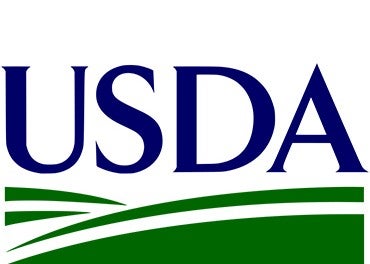Value Added Producer Grants

Value Added Producer Grants: USDA Seeks Applications for Grants to Add to Value of Agricultural Products
The US Department of Agriculture is making up to $44 million available to farmers, ranchers and businesses to develop new bio-based products and expand markets through the Value-Added Producer Grant program.
Value-Added Producer Grants help eligible applicants enter into value-added activities related to the processing and/or marketing of bio-based value-added products. The goals of this program are to generate new products, create and expand marketing opportunities, and increase producer income. These grants support planning activities, such as developing a business plan, as well as provide working capital to implement viable value-added business plans. Grants are awarded through a national competition. The maximum grant amount for planning grants is $75,000 and $250,000 for working capital grants. Matching resources are required.
The deadline to submit paper applications for Value Added Producer Grants is July 1, 2016. Electronic applications submitted through grants.gov are due June 24, 2016. Additional information and assistance is available through the USDA Rural Development Office serving your county. More information on how to apply is on page 20607 of the April 8 Federal Register.
Since 2009, USDA has awarded 1,126 Value Added Producer Grants totaling $144.7 million. USDA awarded 205 grants to beginning farmers and ranchers.
Congress increased funding for the Value-Added program in the 2014 Farm Bill. That law builds on historic economic gains in rural America over the past six years, USDA officials say, while achieving meaningful reform and billions of dollars in savings for taxpayers.
Since 2009, USDA Rural Development has invested $11 billion to start or expand 103,000 rural businesses; helped 1.1 million rural residents buy homes; funded nearly 7,000 community facilities such as schools, public safety and health care facilities; financed 180,000 miles of electric transmission and distribution lines; and helped bring high-speed Internet access to nearly 6 million rural residents and businesses.
USDA is an equal opportunity provider, employer, and lender.
Since 1976, the National Center for Appropriate Technology (NCAT) has been helping people by championing small-scale, local and sustainable solutions to reduce poverty, promote healthy communities and protect natural resources. In partnership with businesses, organizations, individuals and agricultural producers, NCAT is working to advance solutions that will ensure the next generation inherits a world that has clean air and water, energy production that is efficient and renewable, and healthy foods grown with sustainable practices. More information about its programs and services is available at www.ncat.org or by calling 1-800-ASK-NCAT.








 Your Privacy Choices
Your Privacy Choices
Leave a comment